Before WW I, Pubs in London could open 19.5 hours a day, elsewhere 16 or 17 hours. This was slashed to just 5.5 hours a day. In 1914, Barclay Perkins X Mild had an OG of 1051.3º. By 1917 it was down to 1046.6º. Production completely stopped in 1918 and it was replaced by 4d Ale, which had an OG of just 1025.9º. Their Government ale mentioned in the article below had an OG of 1036.3º. It was also replaced by 4d Ale in 1918. You can find more details of Barclay Perkins WW I beers here.
(There's this week's obligatory Barclay Perkins reference out of the way.)
I almost forgot. The comment about draught Stout and Porter being the same beer, just at a different price is intriguing. In the case of Whitbread, it was certainly true. Their London Stout and Porter were exactly the same brew in 1919. Though, strangely, the Stout was 110 shillings a barrel and the Porter 120 shillings.
[Zythophile has also posted on the topic of Government ale today.]
----
Houses once "Dying" Now Sold for Thousands.
----
PROFITEERS' HARVEST.
----
Weekly Dispatch, September 9th 1917
The high price of beer and stout, whichsprings in the main from their scarcity, is apparently proving a blessing in disguise to certain elements of the community. The brewers are increasing their profits and publicans , particularly in munition areas, are growing rich, in sharp contrast to their circumstances before the war.
In the Woolwich area the fortunate landlords of good houses openly boast that they are going to retire after the war on the wealth they have accumulated. One host is known to have saved £8,000 since August 1914. Public-houses where it was always a difficulty to make ends meet are now gold mines, and free houses change hands at such prices as £8,000.
The publican´s expenses are much lower owing to the reduced labour and lighting which the modified hours of opening permit. His business, instead of being distributed over a long day, is now concentrated in a short space of time, and it is a quick, profitable trade. Prices vary, but usually it is a case of going farther and paying more. The following is typical:-
Glass of beer, 5d.
Half-pint of bitter, 6d.
Bottle of Bass, 8d.
Bottle of Stout, 9d.
Drop of whisky, 5d.
The 5d. glass of beer is not by any means a half-pint. Six of these glasses instead of four go into a quart, and though glass is scarce the publicans have had no difficulty re-stocking themselves with the war-time measure. The supposed half-pint of bitter has what is known in Woolwich as a "cap band", meaning that between the liquid and the top of the tankard there is a considerable margin.
WHY GOVERNMENT ALE IS SCARCE.
Government ale, which sells at 2.5d., is hard to obtain. In several London munition areas the excuse is offered that they are out of it. On the other hand, a mixture known as mild and bitter is actively pushed, and unscrupulous tavern keepers are suspected of using Government ale for this purpose. As they charge 4d. a glass, naturally it is more profitable to sell Government ale in mild and bitter than by itself. The suspicion of this sharp practice is so widespread that the authorities are morally bound to investigate the matter.
Porter, apparently, is no longer sold as such, but very often there is no difference between the draught stout sold and the porter excepting the price.
There are complaints that when a bottle of stout is ordered the bottle is not opened in the presence of the customer, but that he is brought a small glassful and that the remainder in the bottle is used as a contribution towards the next order. In this way three bottles are made to serve four customers, although 9d. each is charged.
Bottled beer and stout are so scarce that on a Saturday in Woolwich and elsewhere queues form outside the beerhouses, but less than an hour suffices to dispose of the stock. One or two large public-houses manage to obtain sufficient stock to keep open every day of the week, but the beerhouse keepers have to shut three or four days, during which time they make holiday, motor-car rides being a favourite recreation.
Landlords of fully licensed premises contrive to push as much of their trade as possible into spirits, and 10d. double drops, much less than half a quartern, which is not sold, help to swell their profits and to turn the munition workers from being beer and stout drinkers to whisky drinkers. Furnacemen are very indignant that when they ask for beer they are told that only whisky is obtainable. Rightly or wrongly they consider that beer or stout is, in view of their occupation, a necessity to their health, and teetotal faddists would be surprised at the insistence of well-educated men on the strong character of this point.
LITTLE DRUNKENNESS.
there is no drunkenness in Woolwich and the neighbourhood worth speaking about. First of all it is urged that the money will not run to anything like overindulgence with drink at such a price, and secondly it is pointed out that few publicans will supply more than two or three drinks to the same person.
The disparity in prices undoubtedly tends to create resentment. Munition workers who went for a trip to Tonbridge found that the beer for which they were paying 5d. and 6d. in Woolwich was only 2d. there, and they want to know the reason why. The ostentatious wealth of the publicans, their frequent allusions to retiring after the war, and the knowledge that "dead" houses have since the war becone valuable properties cultivate the impression in the minds of munition workers that they are being exploited.
Perhaps the worst feature in the situation in the so-called elusiveness of Government ale. If public-houses in munition areas do not stock it the question may well be asked; Why not? If they do stock it, under what circumstances do they justify withholding it? And what is the answer to the repeated charge that Government ale, price 2.5d., is the basis of mild and bitter at 4d. the small glass?
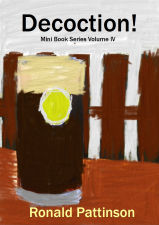



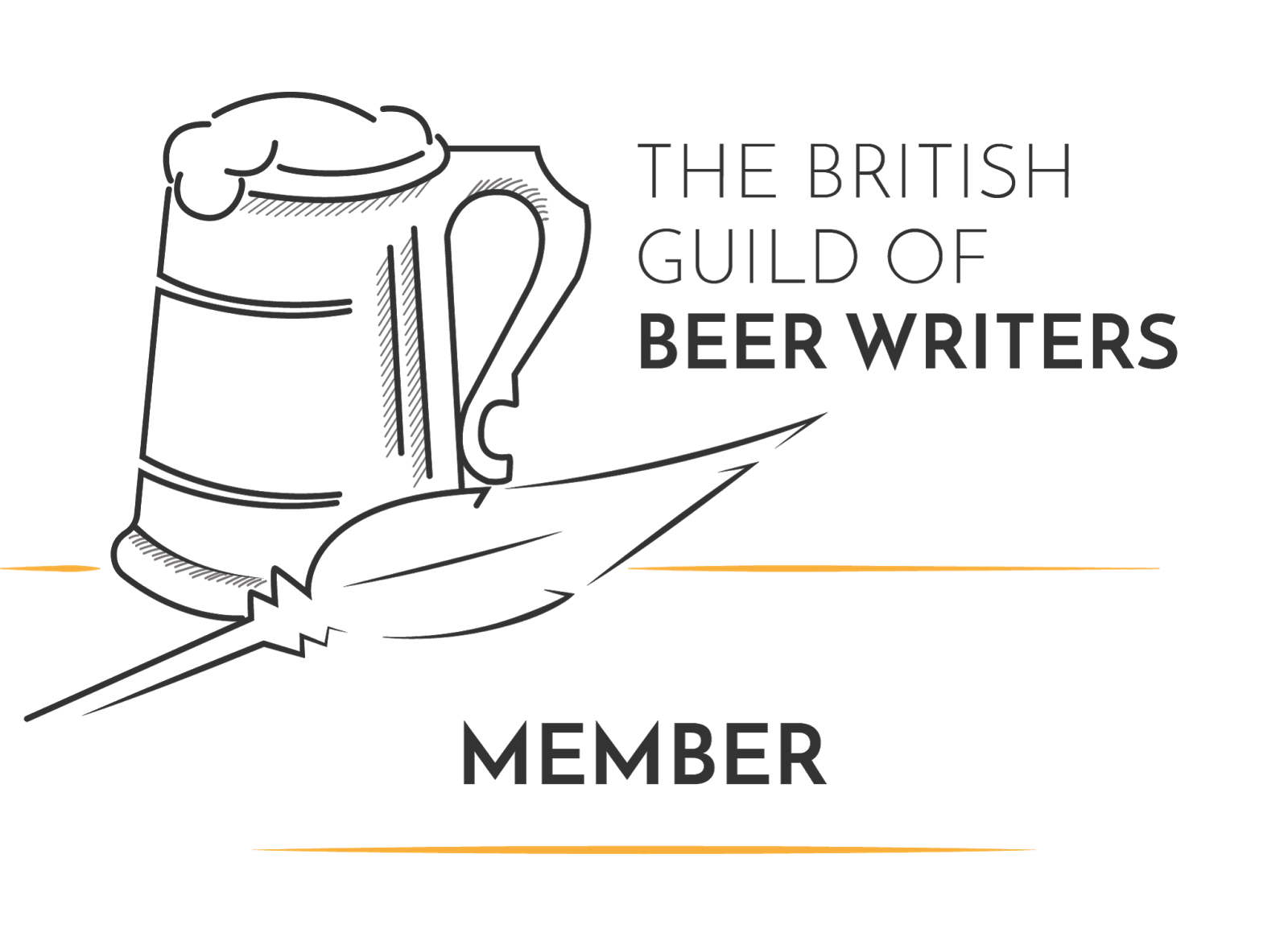









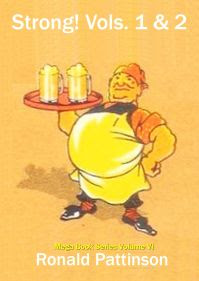


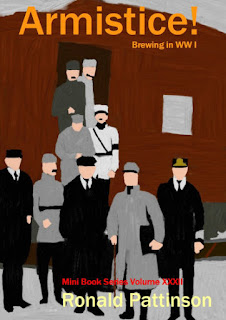
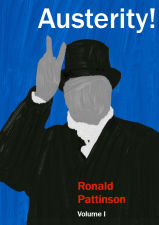




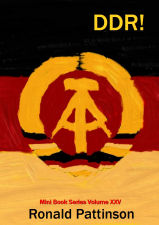


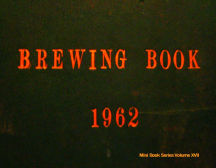
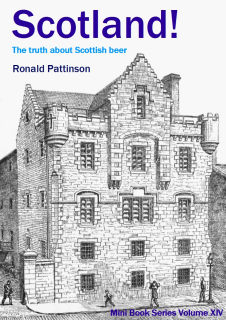
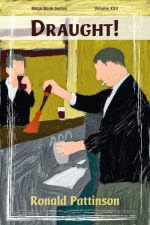

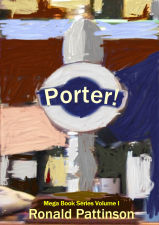

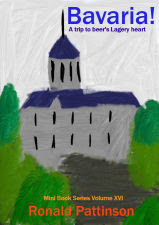

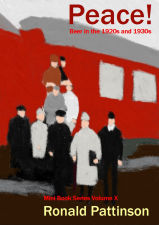

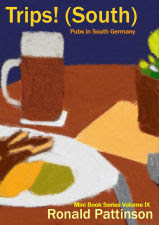
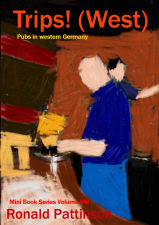
































No comments:
Post a Comment